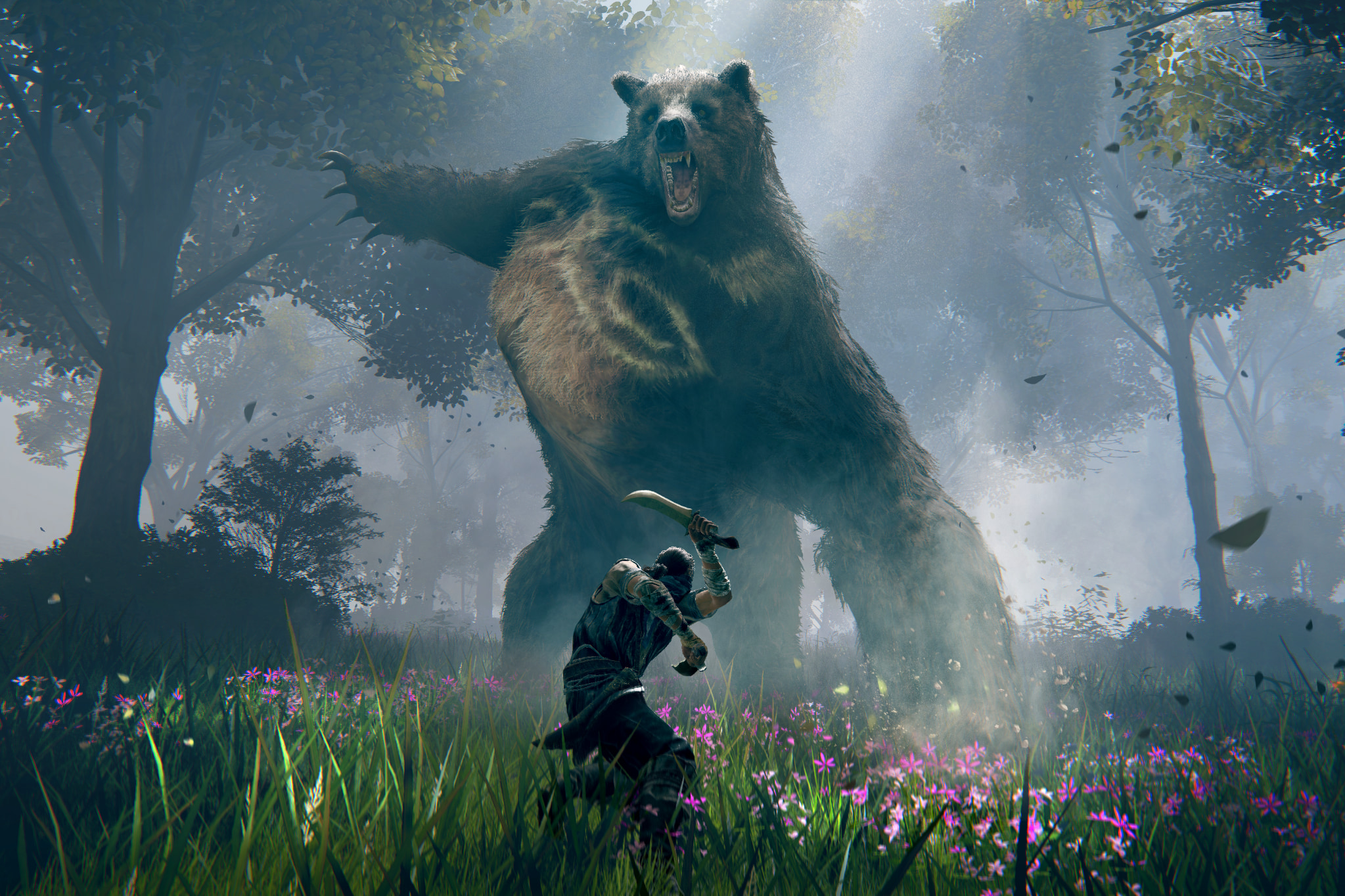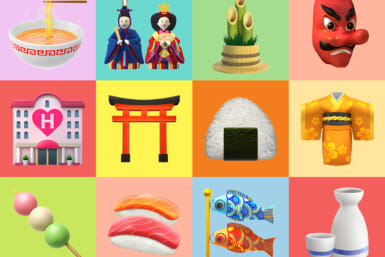Most long-standing video game studios typically become known for something. Nintendo, for example, dominates the family-friendly market, creating games that anyone from small children to the elderly can pick up and enjoy. Tokyo-based studio FromSoftware, however, is known for something a little more unusual and shall we say, a little less “friendly.”
Those familiar with the award-winning studio likely know where this is going, but for anyone who’s never had the pleasure of sitting down with a FromSoftware title, particularly in recent years, there’s one thing you need to know about its games: they are insanely difficult. Now, by difficult, I don’t mean that you might find yourself gripping your controller a little tighter than usual. No, these games will set out to break you, which is exactly why they’re adored around the world and have garnered FromSoftware scores of awards throughout the company’s many years of video game development.
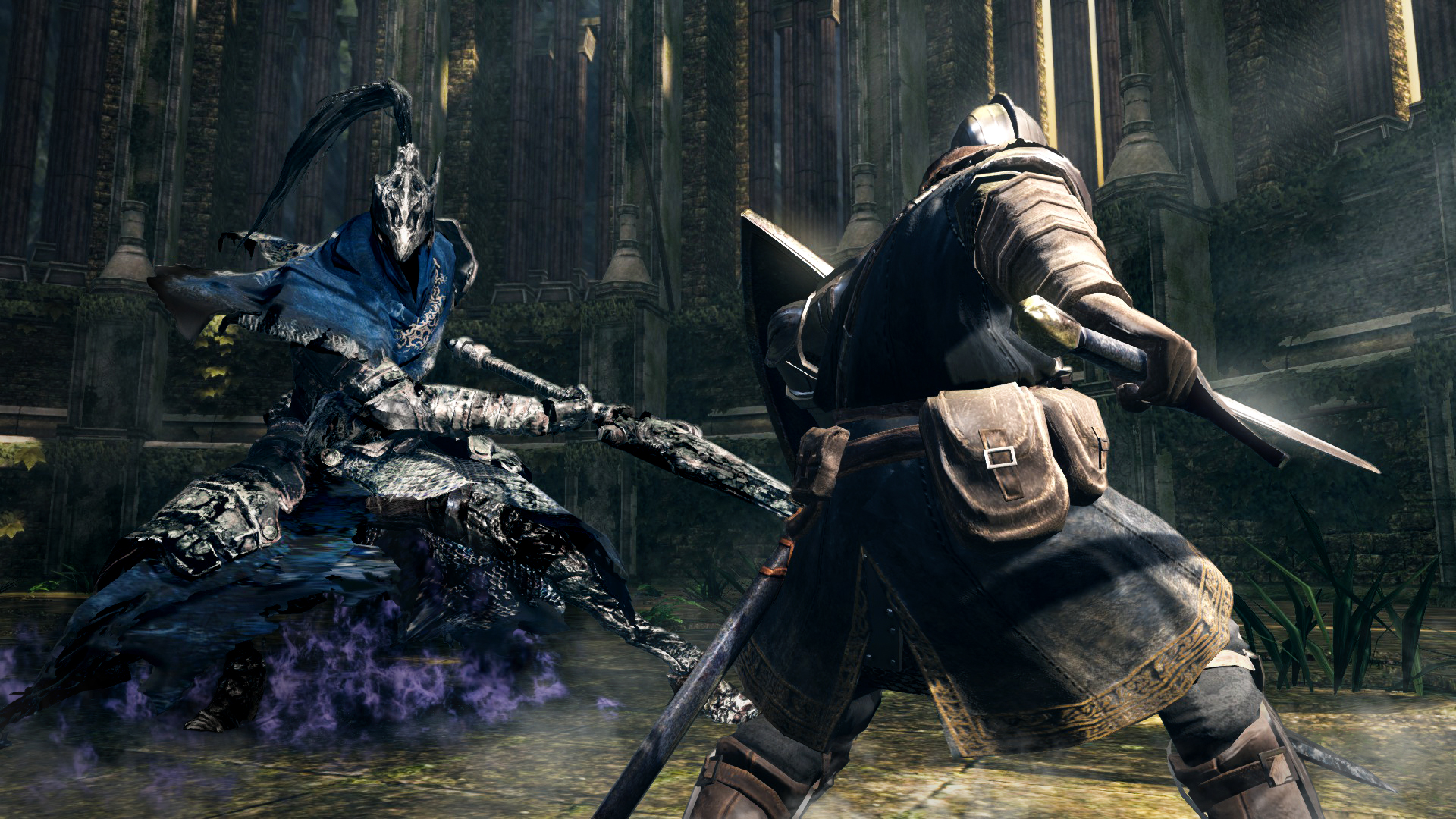
Dark Souls | ©Bandai Namco Entertainment Inc. / ©2011-2023 FromSoftware, Inc.
From Business to Battlegrounds
What most don’t know is that when FromSoftware was established all the way back in 1986, it was originally developing business software, a practice that continued until 1994. That’s when it released its first video game for the original PlayStation, titled King’s Field. A medieval role-playing game of weapons, magic and mythical creatures, King’s Field was loved by gamers of the time and quickly set FromSoftware on its path toward video game greatness.
Since making the transition to video games, FromSoftware has developed more than 50 titles across nearly every console, some of which have grown into full-fledged series spanning decades and generating millions of fans across the globe. But it was in 2011 that things really changed, for this was the year that the studio delivered a title that would not only cement its legacy in the video game halls of fame, but also create an entirely new genre. This was the year of Dark Souls.
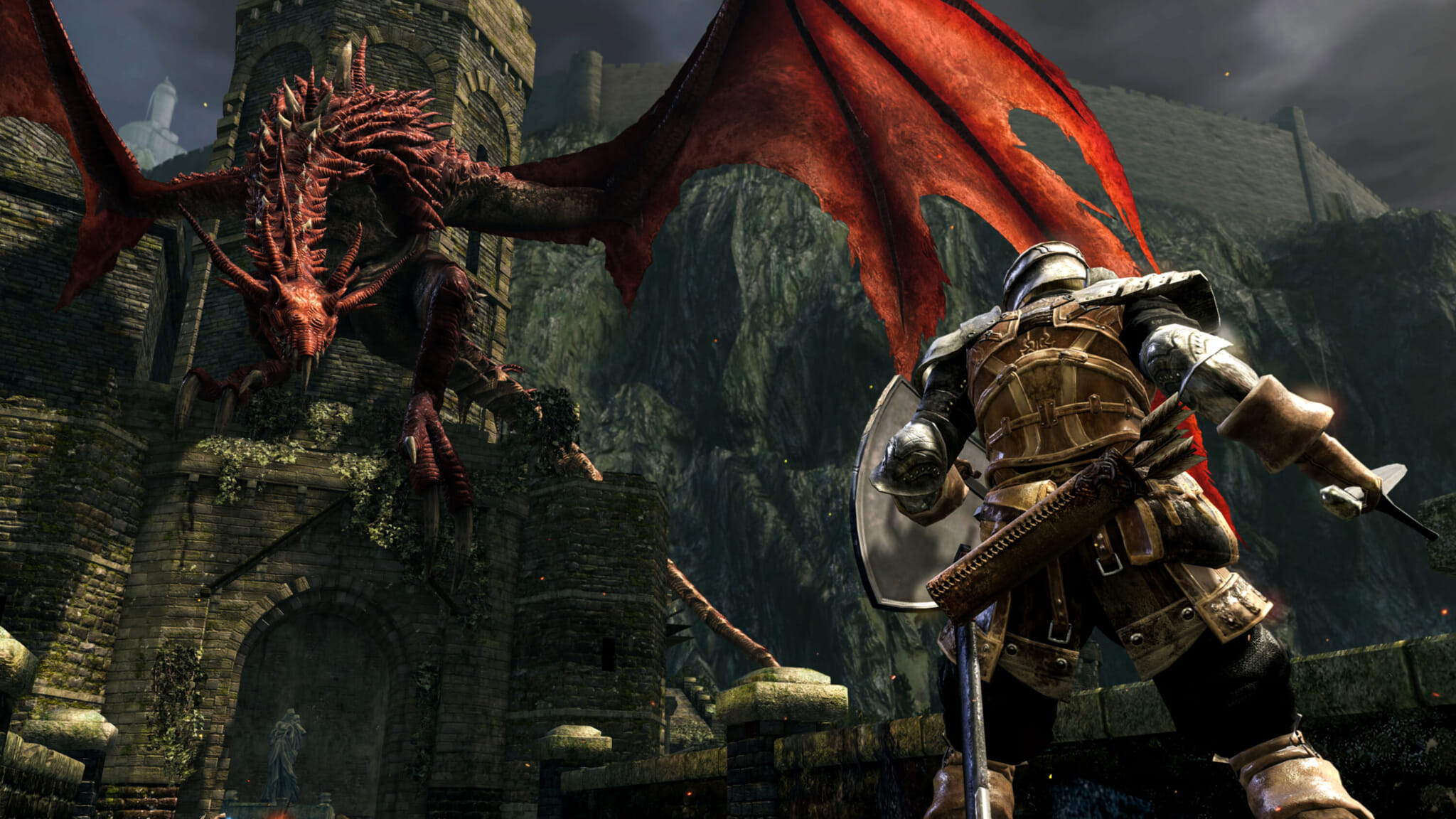
Dark Souls | ©Bandai Namco Entertainment Inc. / ©2011-2023 FromSoftware, Inc.
Pioneers of Genre
For those that perhaps aren’t entirely familiar with the world of video games, trying to create a new genre is like trying to invent a color. It’s all been done before. Which is exactly what makes Dark Souls so special. A gloomy, medieval-inspired hack-and-slash, Dark Souls had an edge that made it unlike anything that preceded it. We now have the phrase “Souls-like,” which is used to reference any game that is similar. But how did FromSoftware come up with something that would have such a unique effect on the gaming landscape?
It was achieved by creating a world of the most unforgiving, soul-crushing enemies seen in modern video game history, then combining this with a carefully nuanced player movement system that, when mastered, allows players to skillfully dodge, weave and counter their far more powerful opponents.
It was a recipe for success. The satisfaction players found in defeating an enemy they had struggled with for hours on end saw the game fly off shelves, selling millions of copies worldwide and taking home a slew of Game of the Year awards.
And yet, FromSoftware’s biggest titles were still to come.
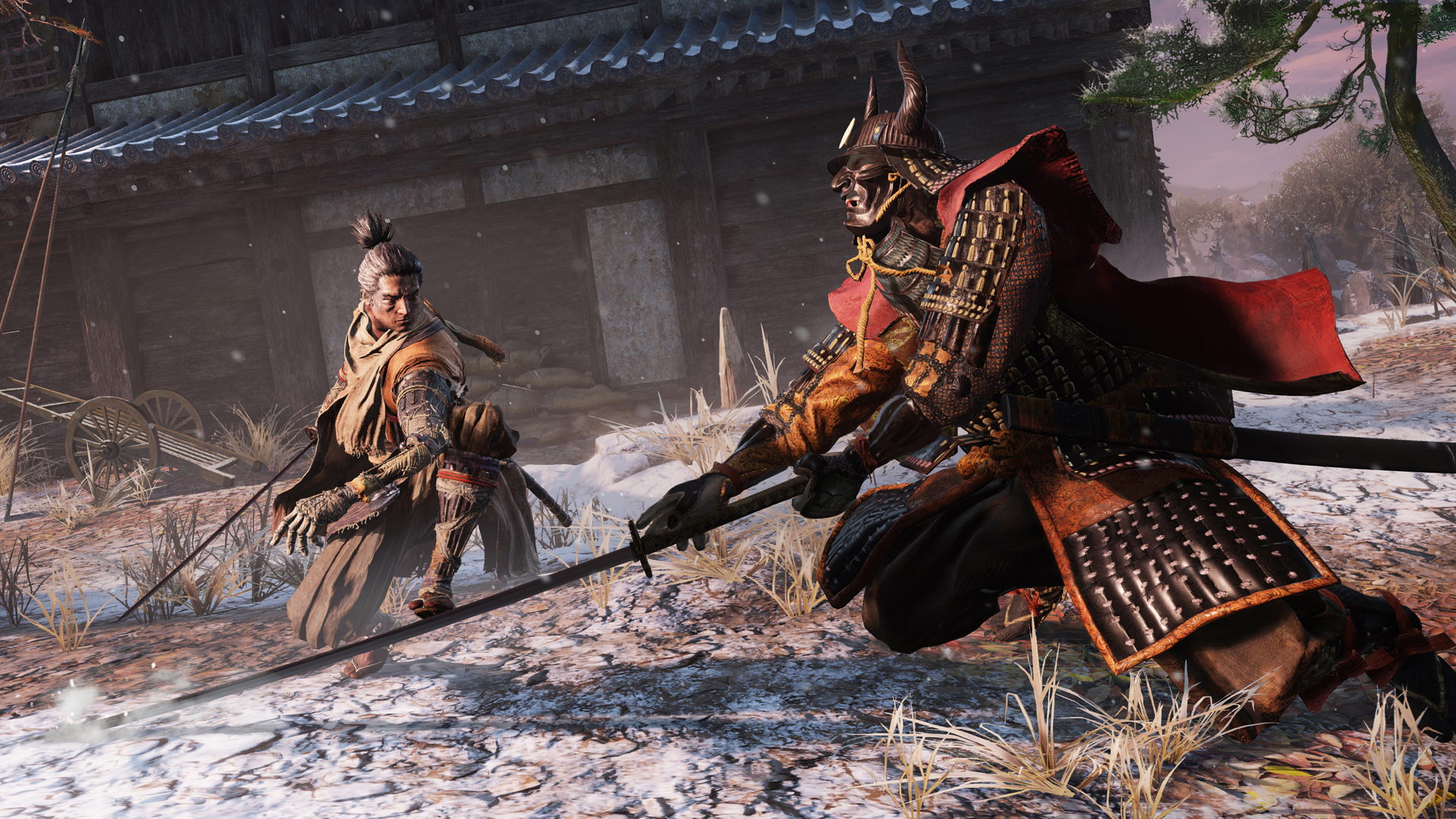
Sekiro: Shadows Die Twice | ©2019,2023 FromSoftware, Inc. All rights reserved. ACTIVISION is a trademark of Activision Publishing Inc. All other trademarks and trade names are the properties of their respective owners.
Souls Successors
Capitalizing on the notoriety of the first game, 2014 saw the release of Dark Souls 2, which was seen as a more polished and refined iteration of the original. It was immediately met with critical acclaim and sold more than 2.5 million copies in its first year alone. Given this success, it was no surprise that the third installment released in 2016, Dark Souls 3, became one of the fastest-selling video games ever published by Bandai Namco at the time.
Following its successful forays into the medieval world of knights in armor and fire-breathing dragons, FromSoftware then brought its next title a little closer to home with the 2019 release of Sekiro: Shadows Die Twice. Set in a fictionalized Japan, players take control of a ninja known as Wolf, who, with a sharpened fighting style and the aid of a grappling hook, adds a completely new dimension to the previous Souls-like experience by allowing players to ascend structures and navigate the map vertically. This was a reinvention that led to Sekiro: Shadows Die Twice being awarded Game of the Year on live television at The Game Awards 2019 in Los Angeles.
In the years that followed, anticipation for FromSoftware’s next title, Elden Ring, grew steadily among the media and fans. Promised to be a complete redevelopment of its trademark gameplay, it was hard to imagine how the Tokyo-based company would top its previous outings. But of course, it did.
Released in 2022, Elden Ring thrust players into an enormous open world that, unlike its predecessors, favored a linear style of play. Returning to an atmosphere reminiscent of Dark Souls, coupled with a narrative by George R. R. Martin, the mind behind Game of Thrones, Elden Ring tore through the video game market, collecting multiple Game of the Year awards and becoming the fastest-selling Bandai Namco game of all time.
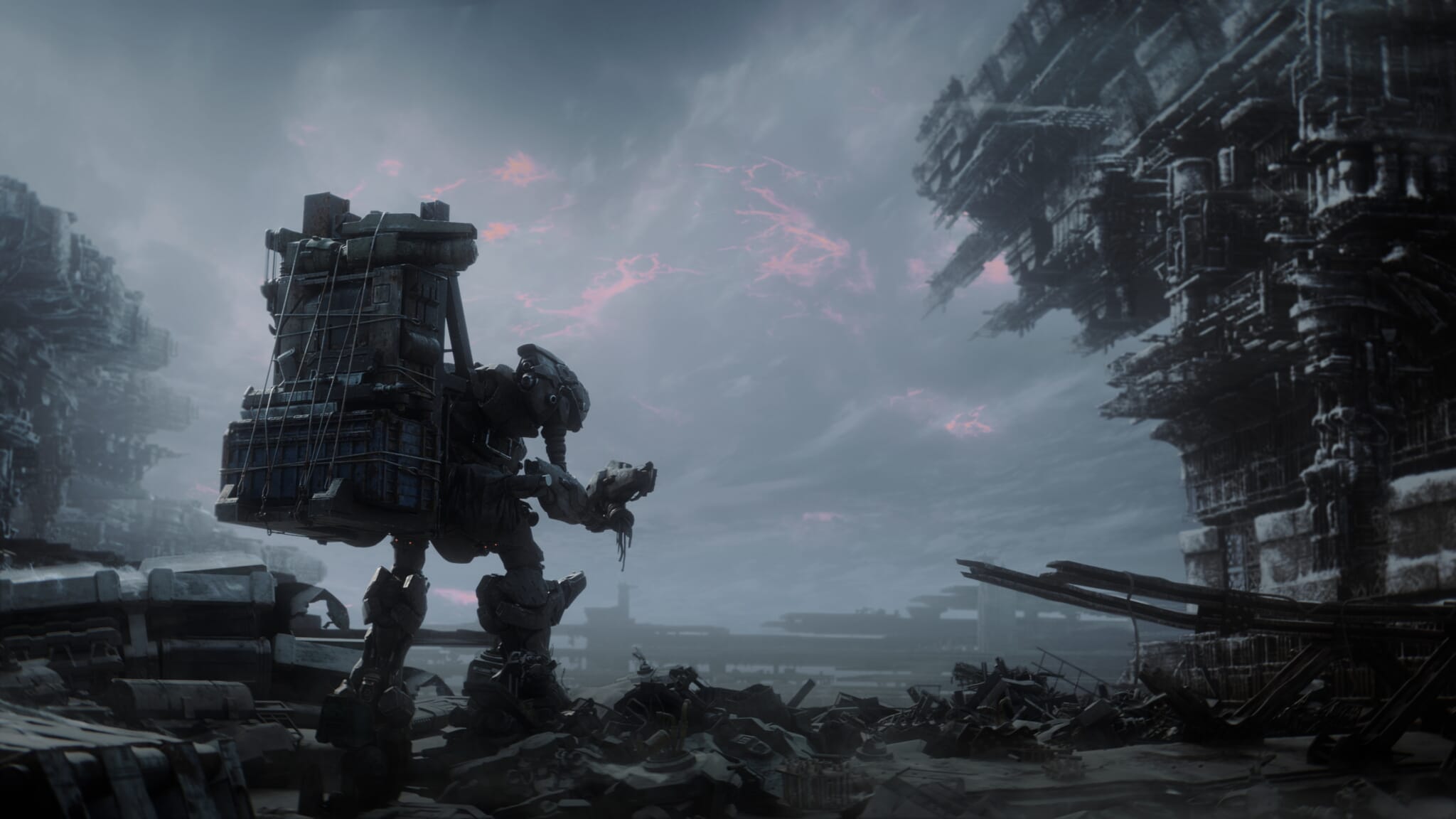
Armored Core VI: Fires of Rubicon | ©Bandai Namco Entertainment Inc. / ©1997-2023 FromSoftware, Inc. All rights reserved.
The Future of FromSoftware
With great success, though, comes great expectations. With FromSoftware at the top of the heap, one question comes to mind: what’s next? At the time of writing, it is currently developing Armored Core VI: Fires of Rubicon, the next installment of its mech-warrior combat series that debuted back in 1997 on the original PlayStation. In what will be the first Armored Core game in 10 years, it’s still unclear if elements of FromSoftware’s trademark Souls-like gameplay will be used to re-invent the series, but given its recent track record, there’s little doubt the game will be something special regardless.
Having become known for a level of difficulty and nuance that sees gamers pushed to their limits and even give up on the games, you could forgive FromSoftware for pumping the brakes and giving players something more accessible in the future. Thankfully, that looks doubtful. Amidst a sea of studios doing their best to appeal to the masses, FromSoftware’s decision to make games that can only be completed by the dedicated is exactly why people love what the company does. Its games are a rollercoaster of the highest highs and the lowest lows. And while it’s not a ride for everyone, the gaming world needs journeys like that.

